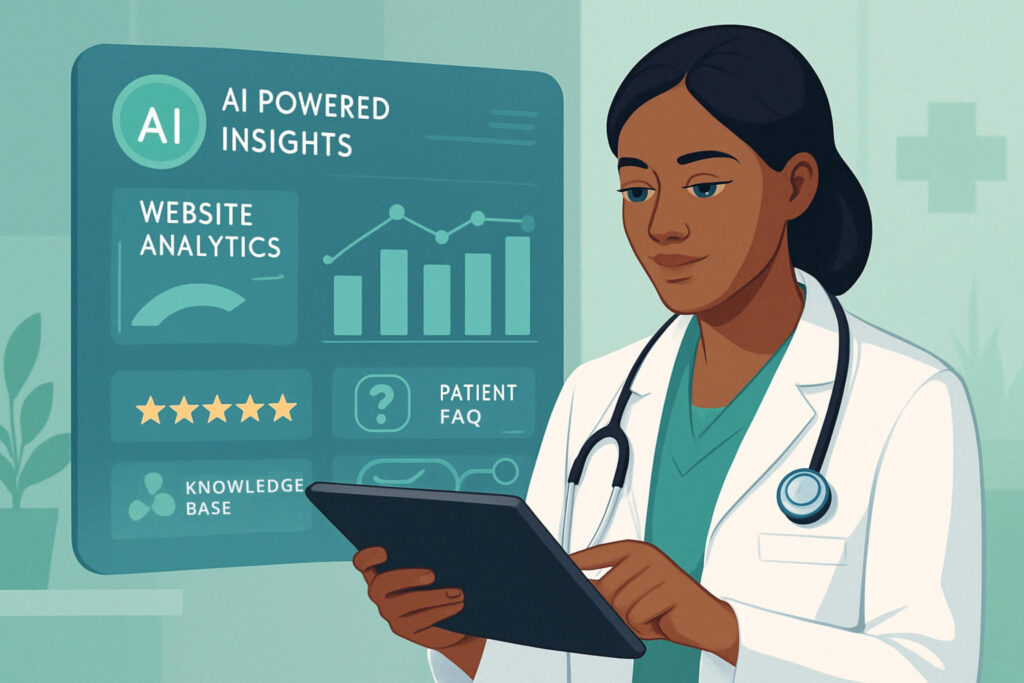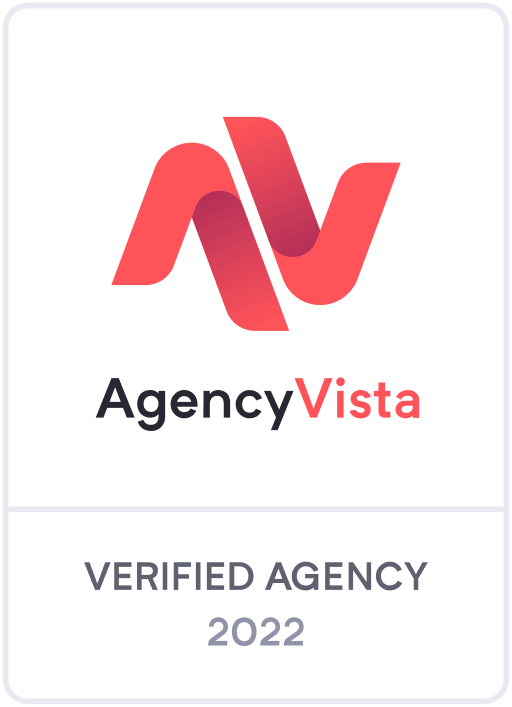The Future of SEO Is Here and It’s Generative
If your healthcare practice has ever invested in SEO (Search Engine Optimization), you already know how important it is to show up when someone types “therapist near me” or “autism testing for teens” into Google. But there’s a new player in town and it’s changing how people search, find, and trust information online.
It’s called GEO: Generative Engine Optimization. And if you want your practice to be part of how future patients discover and trust healthcare providers, GEO is something you need to know about.

So What Is GEO?
GEO stands for Generative Engine Optimization. It’s the practice of creating content in a way that’s optimized not just for search engines like Google, but for AI-powered engines like ChatGPT, Bing, Copilot, Claude, Perplexity, and others.
These tools don’t just point people to websites. They summarize answers, cite experts, and sometimes even generate full responses without the user ever clicking a link.
In short: GEO is SEO for a world where AI is the search engine.
Why It Matters for Healthcare Practices
Healthcare is one of the most searched categories online. Whether someone is:
- Looking for a provider who takes their insurance
- Trying to understand a diagnosis
- Wondering if therapy or testing might help their child
…they’re increasingly turning to AI tools that feel more like a conversation than a search box.
And here’s the key: If your website doesn’t show up in those conversations, you’re missing future patients.
What Makes Content GEO-Friendly?
LLMs (large language models) like ChatGPT were trained on billions of documents, but they don’t “crawl” the internet live the way Google does. Instead, they pull from their training data and use trust signals to decide what to include, cite, or summarize.
Here’s what that means for your content:
✅ Use Named Experts and Credentials
“Dr. Lisa Wong, a board-certified child psychologist, explains…”
LLMs trust named professionals more than generic advice.
✅ Structure Like You’re Answering Questions
What Is Autism Testing?
Is Telehealth Right for Me?
These direct questions are easy for AI to parse—and more likely to be cited.
✅ Add Recent, Verifiable Stats
“According to the CDC, 1 in 36 children were diagnosed with autism in 2023.”
The more trustworthy and current your data, the better.
✅ Use Schema Markup (like FAQ and LocalBusiness)
This helps both AI and Google understand who you are and what you do.
✅ Write in a Conversational, Human Tone
Formal language gets summarized. Clear, friendly writing gets quoted.
Real-World Example
Let’s say a parent types into ChatGPT: “How do I know if my child needs a neuropsych evaluation?”
If your practice has a blog post answering that exact question, with expert insight, patient-friendly examples, and clear steps, ChatGPT is more likely to use your content to help form its response.
And even if it doesn’t cite you directly, the way AI models work means your tone, structure, and explanations help shape how the world learns about your work.
GEO Is Visibility in the Age of AI
If traditional SEO is about ranking, GEO is about relevance and trust in a new digital world.
Healthcare practices that adopt GEO early will:
- Be cited and trusted by AI-powered tools
- Build more authority and visibility without ads
- Reach future patients before they even visit your site
Ready to Make Your Site GEO-Ready?
We help healthcare practices create content that works across both traditional search engines and the new generation of AI-powered platforms. From service pages to provider bios to blog posts, we’ll make sure your expertise doesn’t just sit on a website—it becomes part of the conversation.


